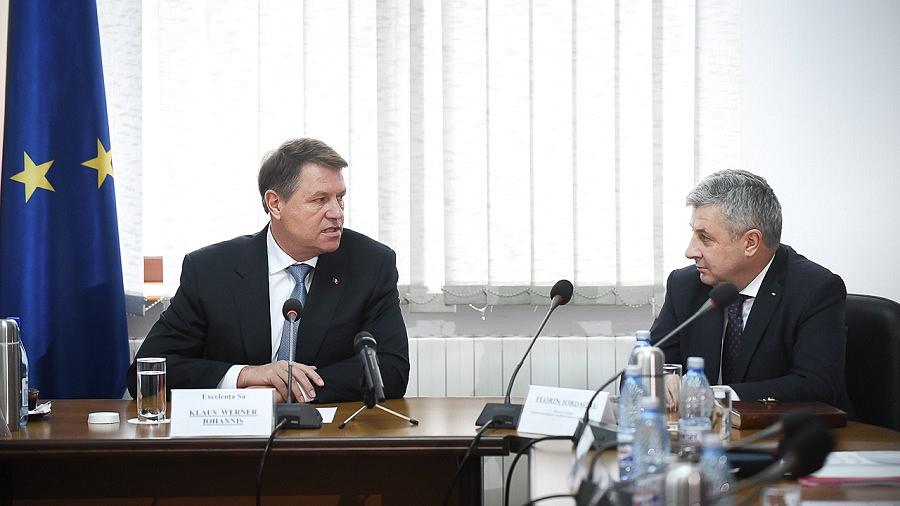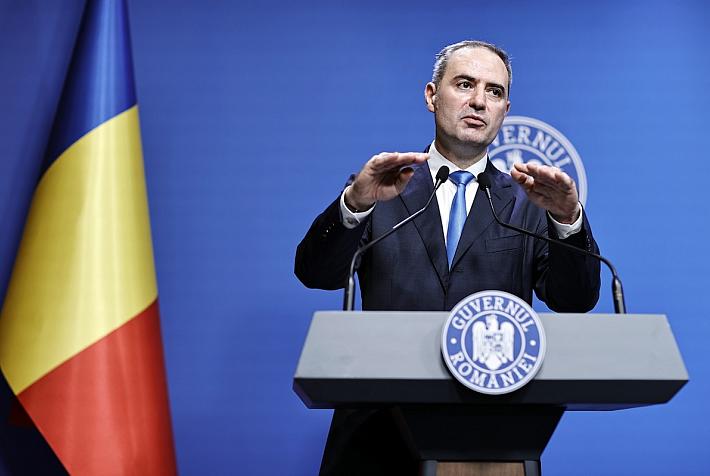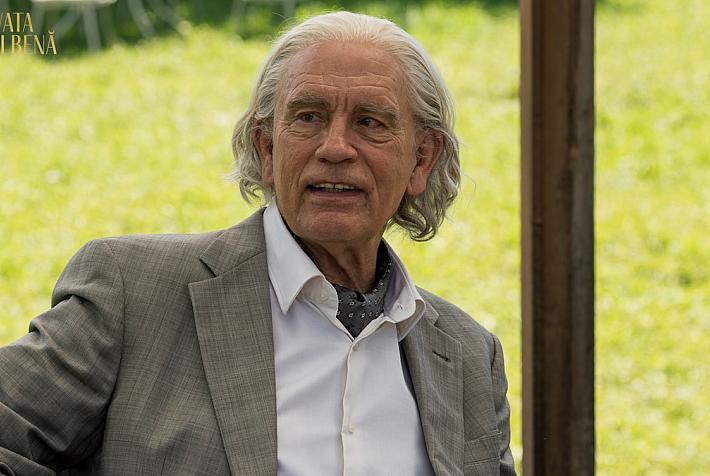President: An amnesty law would be a catastrophe for the Romanian democracy

President Klaus Iohannis says he will oppose an amnesty law with all the power that his position offers him, should the new Government and the majority in the Parliament promote such a bill.
"A law of amnesty and pardon, which would not only wash away the sins of some thieves that can be dangerous to people and society but would also clean the politicians’ criminal files, would be a catastrophe for Romanian democracy," Iohannis said on Friday as he attended the meeting for the formation of the new Superior Council of Magistracy (CSM), the institution that has the role to ensure that justice in Romania is independent.
The statement came after Romania’s new justice minister Florin Iordache said on Wednesday, after the hearing for endorsement in the parliamentary committees, that, although a law on amnesty wasn't supported during the electoral campaign, "the idea of discussing such a law in the Parliament is auspicious."
On Friday, the President expressed his concerns related to this idea, saying that, although some would say that he speaks nonsense, he believes that a President should also say things before they happen.
"If we take a look around Mr. minister, don’t take it personally but I found that the ministed of justice, in the whirl of hearings, said, and I hope I didn’t misunderstand, that it would be appropriate to discuss a law on amnesty and pardon in the Parliament. At the same time, I can’t pretend not to see that the president of the Chamber of Deputies is a convicted person with another prosecution in progress. The Senate president is a person prosecuted for a criminal lie. That, ladies and gentlemen, is what I call worrying circumstances," Klaus Iohannis said.
The Chamber of Deputies president, Liviu Dragnea, who is also the leader of the Social Democratic Party (PSD), was convicted to two years of probation in a case related to the electoral fraud at the 2012 referendum organized to dismiss former President Traian Basescu. The DNA prosecutors, who conducted that investigation, last year sent Dragnea to court in another case in which they charged him with abuse of power.
Meanwhile, the Senate president Calin Popescu Tariceanu, who also leads the Liberal Democratic Alliance (ALDE), was sent to court last year for lying under oath during his testimony in a case of illegal restitution involving alleged royalties, local politicians and businessmen, and Israeli billionaires.
Iohannis added during his Friday statement that such a law would cause a precedent that would lead to the disappearance of equality before the law, and thus to the disappearance of the rule of law in Romania.
"If there were such an initiative, I’d oppose it with the full weight and power of the presidential office! I hope it will not be the case," the President said.
Former justice minister Raluca Pruna also talked on Thursday about the current minister’s statement on the amnesty law, saying that such a law would not solve the problems in prisons.
Informal discussions about an amnesty law have surfaced repeatedly in recent years. Those who support such a project claim that Romania's prisons are overcrowded and lack the proper conditions to hold so many inmates, which has determined several decisions of the European Court of Human Rights (ECHR) against the Romanian state. Romania was thus forced to pay significant sums to inmates who complained to ECHR about the detention conditions.
Last year, the inmates in several Romanian prisons started riots over the detention conditions. The idea of an amnesty law reemerged at that time, as the alternative would be to build more prisons, a solution that requires both more money and a longer time to implement.
However, the main worry is that some of those who promote and amnesty and pardon law also want to clear up the criminal records of the local politicians and businessmen with political connections who have been charged and even sent to jail for corruption in recent years.
The new justice minister Florin Iordache was one of the MPs who allegedly supported an amnesty and pardon law that was on the Parliament's agenda on December 10, 2013, a day also known as the "Black Tuesday", according to the local media. The draft bill was dropped at that time due to opposition from NGOs and foreign embassies.
Comment: Who will stop Romania’s new leaders if they want to put a leash on justice?
Romania’s President gives cold welcome to new cabinet: You have to fulfill complicated promises
Irina Popescu, irina.popescu@romania-insider.com
(Photo source: Presidency.ro)











